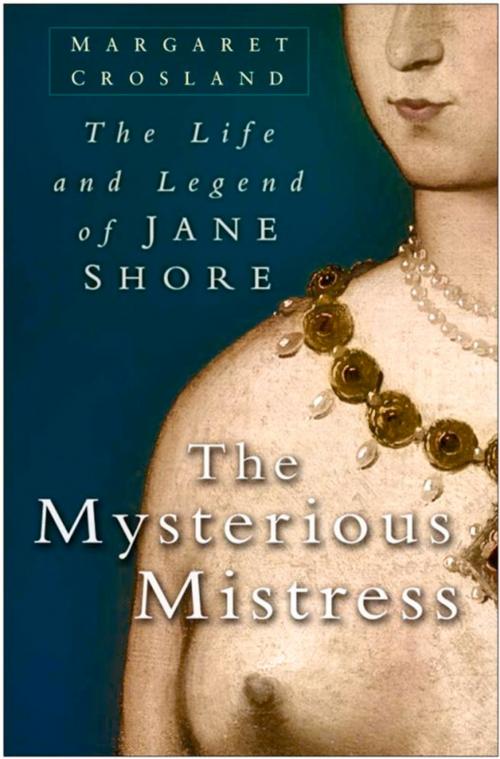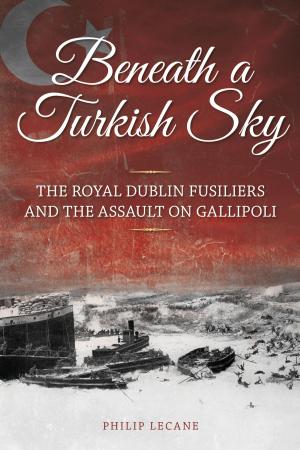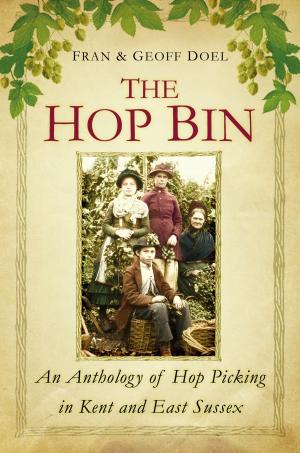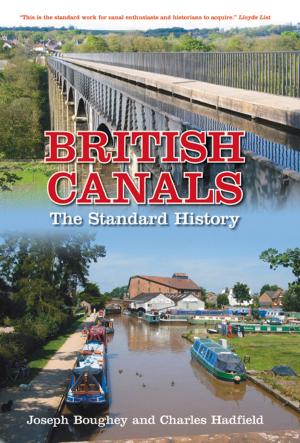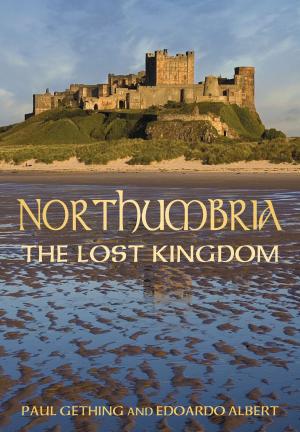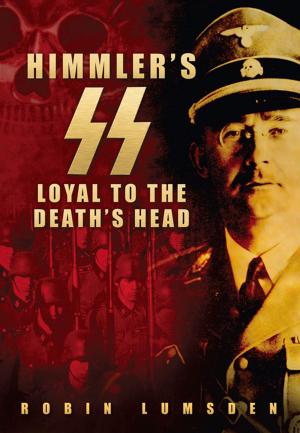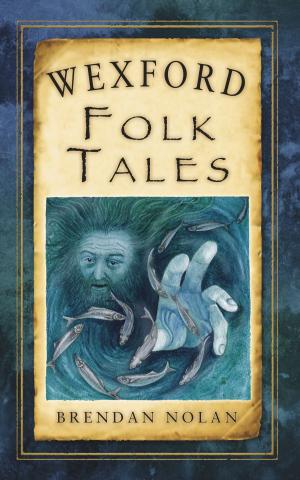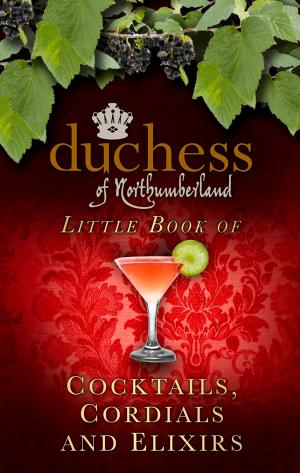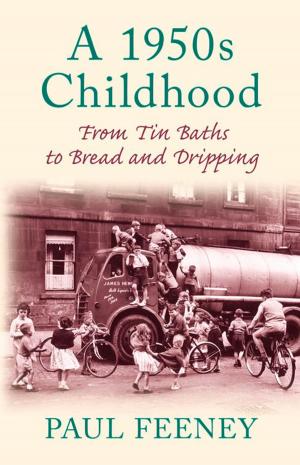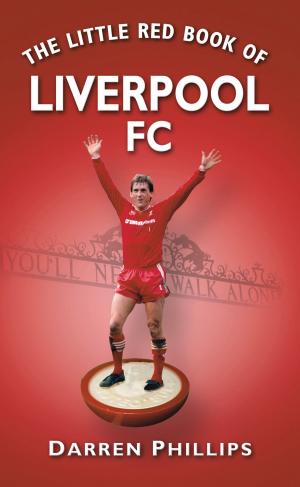| Author: | Margaret Crosland | ISBN: | 9780752470917 |
| Publisher: | The History Press | Publication: | September 16, 2011 |
| Imprint: | The History Press | Language: | English |
| Author: | Margaret Crosland |
| ISBN: | 9780752470917 |
| Publisher: | The History Press |
| Publication: | September 16, 2011 |
| Imprint: | The History Press |
| Language: | English |
Jane Shore often gets just a byline in history. We know her name, and that she was the mistress of a king. But who was this woman caputred for the stage by Shakespeare in 'Richard III', fictionalised by Jean Plaidy and others? Where did she come from? And how was it that having been mistress to the most powerful man in the land, she ended her years in prison and poverty? Jane Shore was born into a family of merchants and was married early, to William Shore. Having already attempted to get her marriage annulled - citing William's impotence - once she became involved with Edward IV it was inevitable that her marriage was dissolved. She is said to have been a benign influence - 'where men were out of favour, she would bring them in his grace' wrote Thomas More - even intervening to save Eton College and King's College from destruction. When the king died, her position became very vulnerable. Sorcery, treason, penance, imprisonment, poverty, escape and execution were key elements in the rest of Jane's life. Margaret Crosland draws on literary, historical and artistic sources to explore Jane's life both before and after Edward's demise.
Jane Shore often gets just a byline in history. We know her name, and that she was the mistress of a king. But who was this woman caputred for the stage by Shakespeare in 'Richard III', fictionalised by Jean Plaidy and others? Where did she come from? And how was it that having been mistress to the most powerful man in the land, she ended her years in prison and poverty? Jane Shore was born into a family of merchants and was married early, to William Shore. Having already attempted to get her marriage annulled - citing William's impotence - once she became involved with Edward IV it was inevitable that her marriage was dissolved. She is said to have been a benign influence - 'where men were out of favour, she would bring them in his grace' wrote Thomas More - even intervening to save Eton College and King's College from destruction. When the king died, her position became very vulnerable. Sorcery, treason, penance, imprisonment, poverty, escape and execution were key elements in the rest of Jane's life. Margaret Crosland draws on literary, historical and artistic sources to explore Jane's life both before and after Edward's demise.
